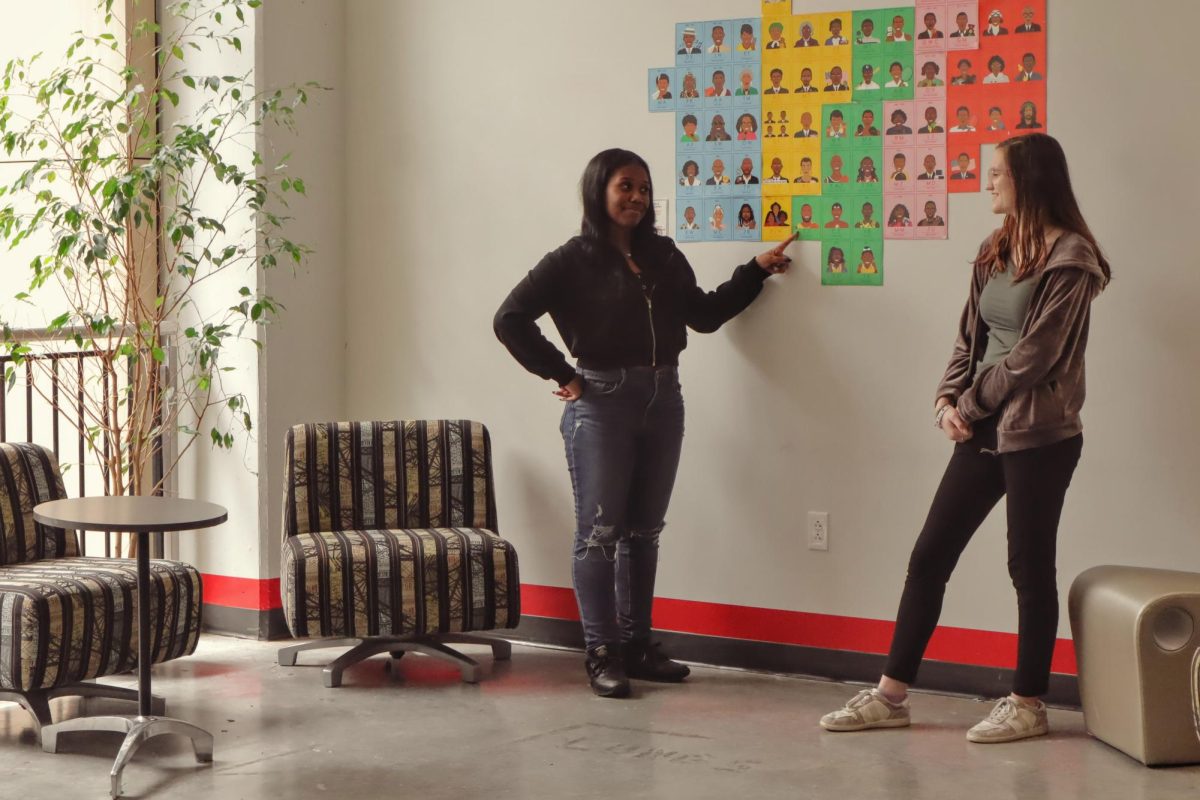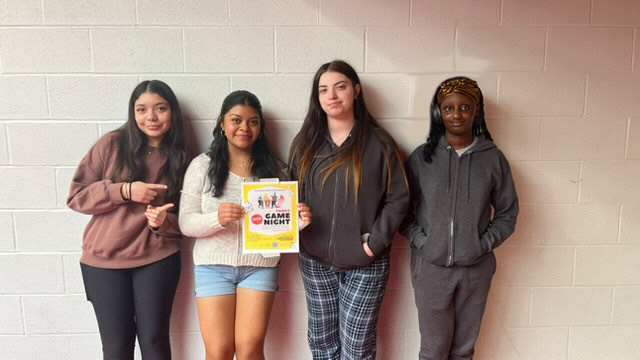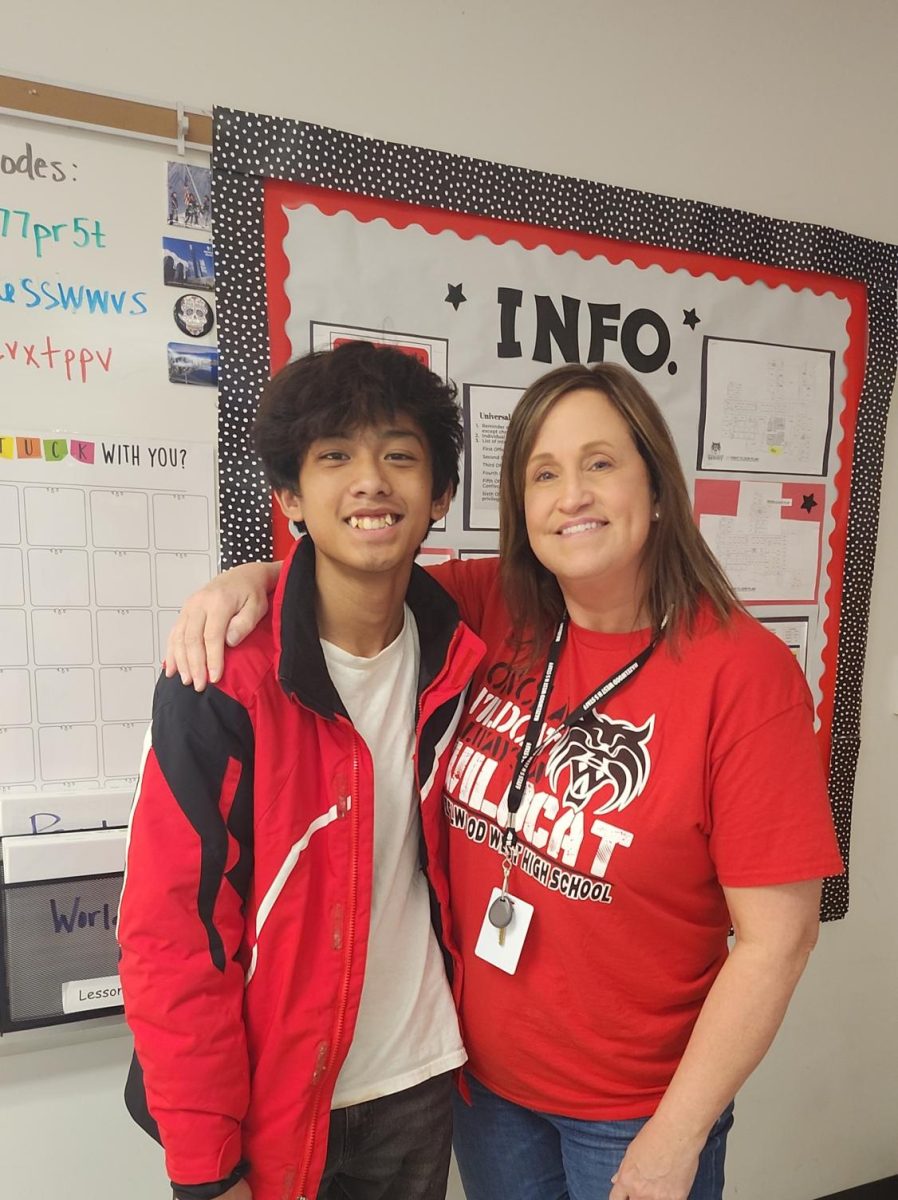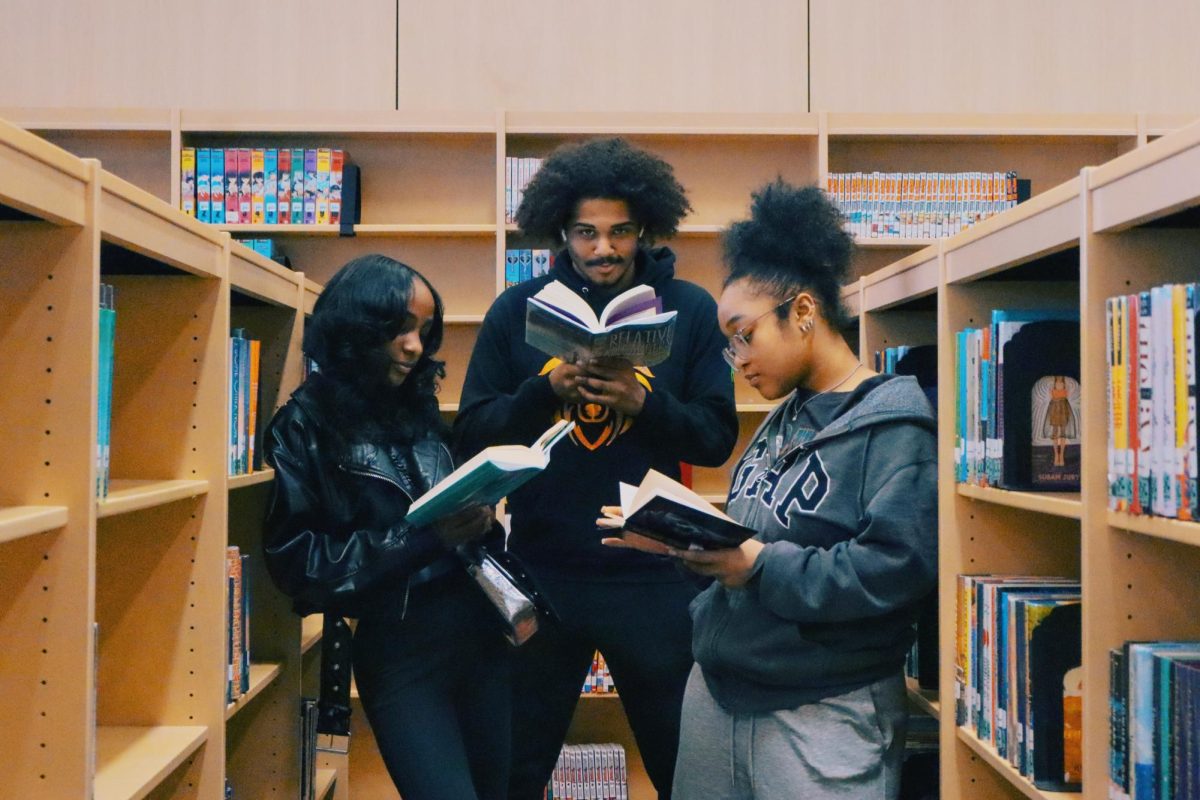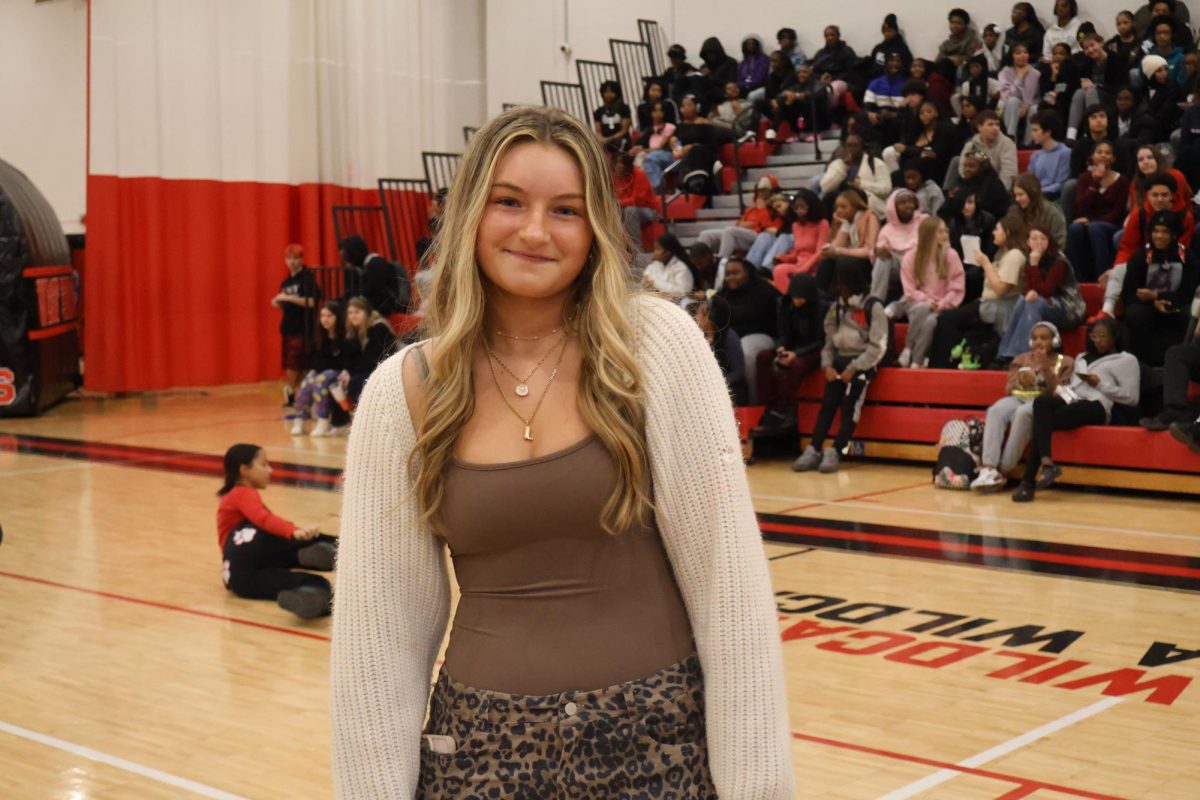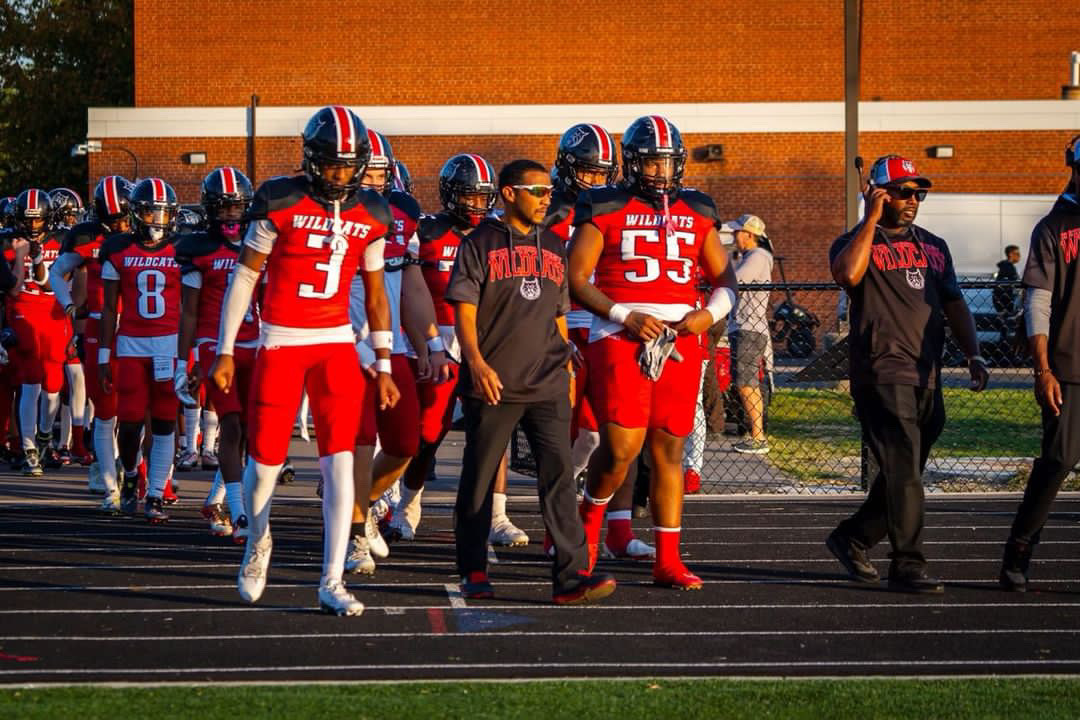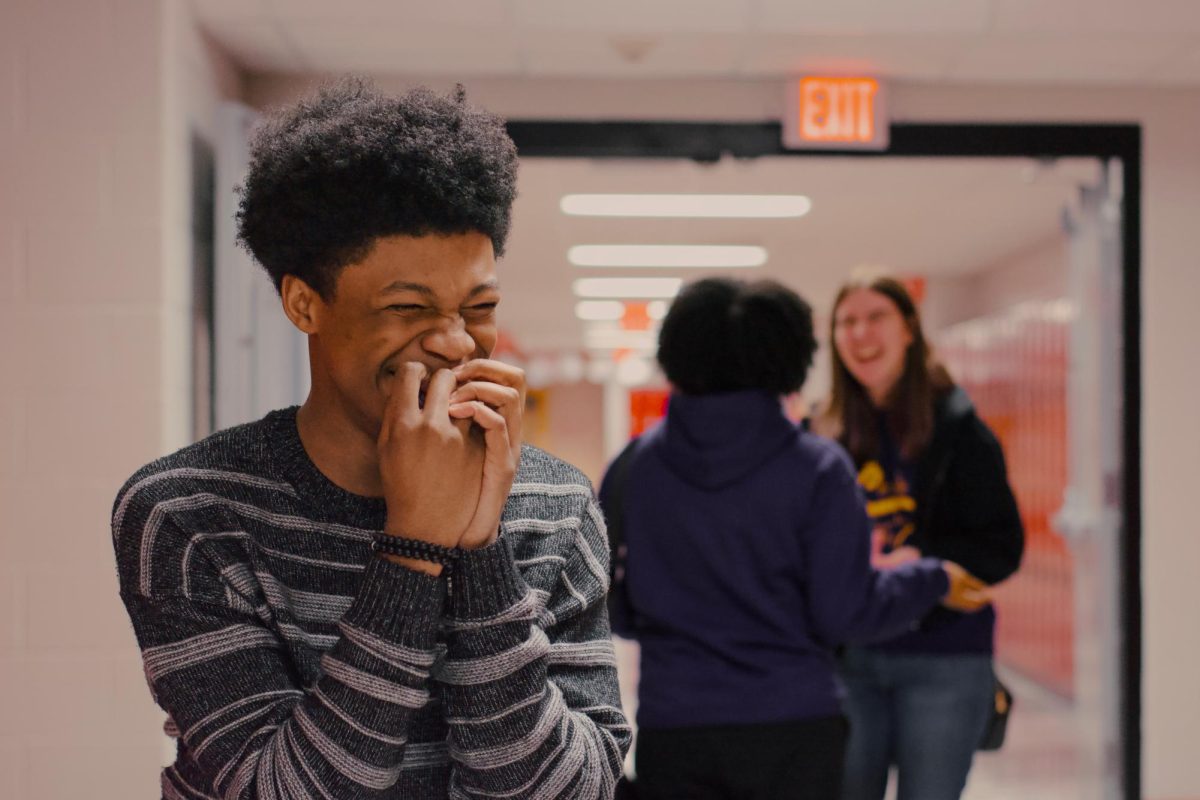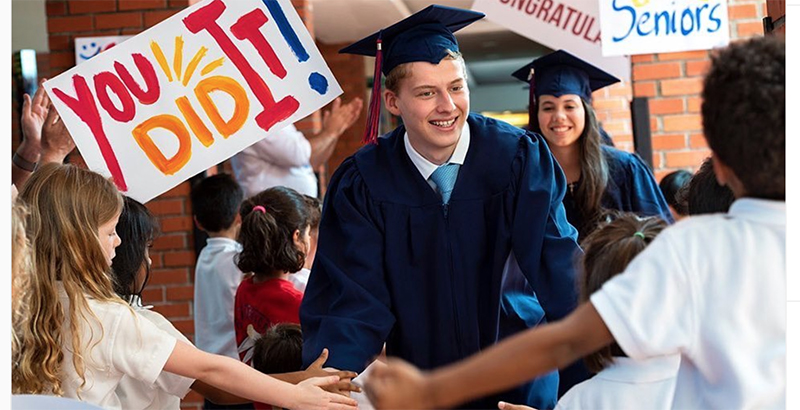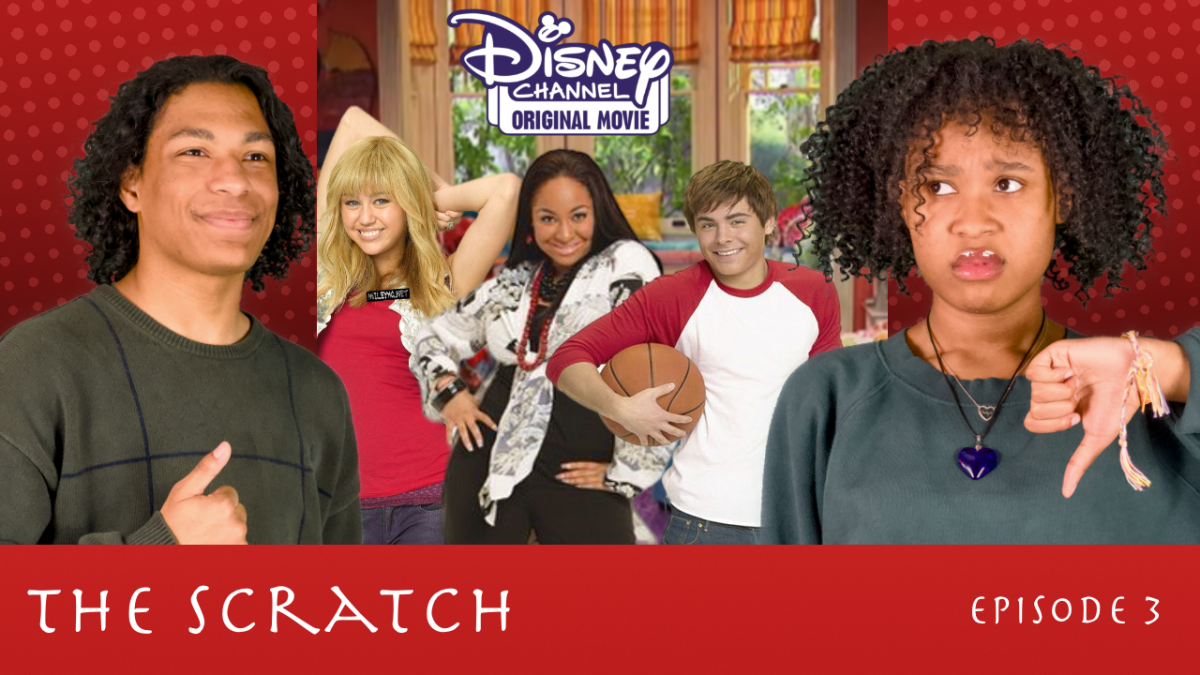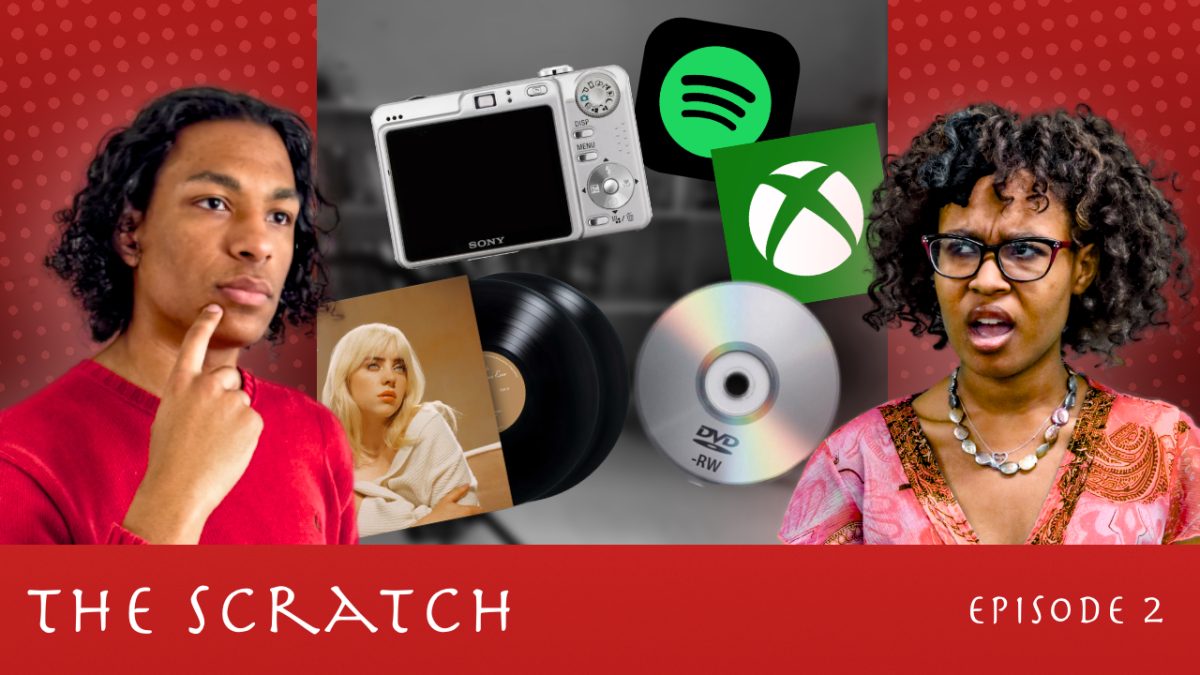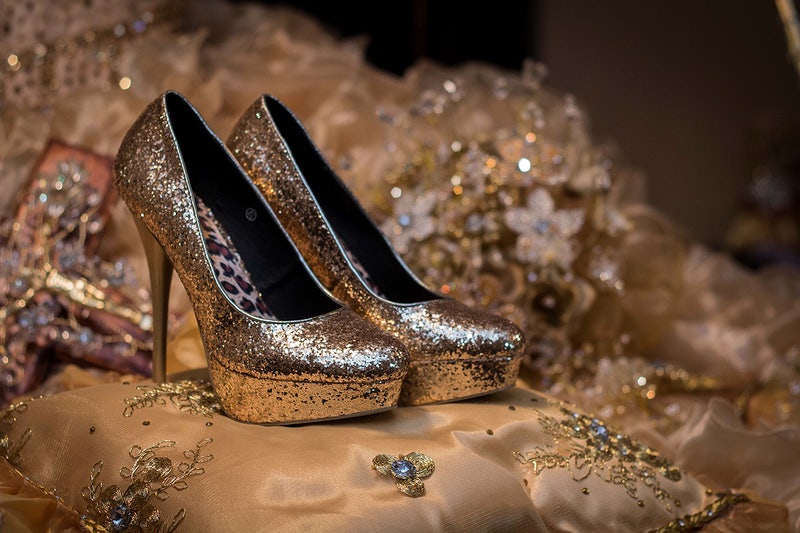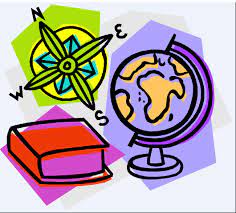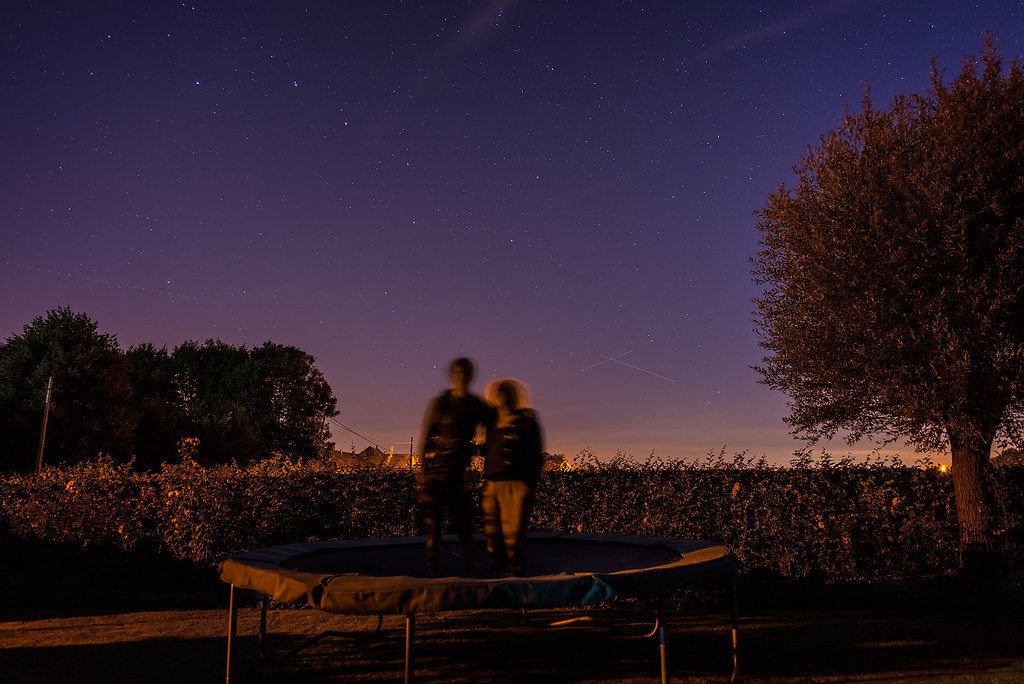Over half of US highschoolers have had sexual intercourse by the age of 18, according to a CDC estimate. Additionally, “Only 9.1% of sexually active students (excluding those who only reported same-sex sexual contact) reported having used a condom with a more effective contraceptive method…” (CDC). As adolescents begin to navigate relationships and sexuality, knowledge of proper use of contraception is imperative. However, the conversation with teenagers surrounding birth control is considered “taboo”. As Rachel Bender, an obstetrician-gynecologist in Creve Coeur, Missouri, puts it, “Teenagers are indoctrinated to believe that sex is bad and, if you choose to be sexually active, it’s a bad path. I want patients to make safe decisions. Sex should not be bad, but education is needed -just like driving a car- to make it safe.” A study produced by Alan Guttmacher concludes that concentrating on preventing teen pregnancy, as practiced in European countries, is “more successful in reducing the number of adolescent pregnancies” than the United State’s approach of preventing teen sex. (NLM) Educating teens on safe ways to use and access birth control can help promote health and empowerment.
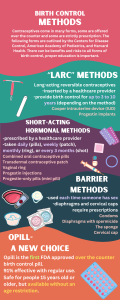 In general, Rachel Bender recommends using long-acting reversible contraceptives (LARCs).She says the risks are very little and the effectiveness is very HIGH. The phrase she uses is “set it, forget it”. She also reminds patients to ALWAYS use condoms.
In general, Rachel Bender recommends using long-acting reversible contraceptives (LARCs).She says the risks are very little and the effectiveness is very HIGH. The phrase she uses is “set it, forget it”. She also reminds patients to ALWAYS use condoms.
Two common misconceptions of birth control use:
- Will I gain weight?- “Almost always the answer is no. You will not gain weight simply because you started a contraceptive method (1 caveat to this). Depending upon the age of initiation, however, you WILL gain weight simply because our bodies change as we continue to grow into adulthood.” (Rachel Bender)
- Will this reduce my chances of becoming pregnant later?- “Simply put, no. There are no methods associated with reduced or infertility. PERIOD.” (Rachel Bender)
Contraceptives serve many purposes, impacting both maternal and child health. Pregnant teens face more intense complications during pregnancy than adults. Miscarriages and stillbirths are far more common among adolescents, as are complications such as toxemia, anemia, prolonged and premature labor. (NLM). According to the World Health Organization (WHO), “Delaying pregnancies in young girls who are at increased risk of health problems from early childbearing, and preventing pregnancies among older women who also face increased risks, are important health benefits of family planning.” Furthermore, WHO states that by reducing pregnancy rates among teens, contraception can thereby reduce the need for abortions. Around 40% of teens terminate their pregnancies through abortions. teaching teens about the use of contraceptives can help decrease abortions and ease the worries of those who disagree with the operations. (NLM)
In the event of an unintended pregnancy of a teenage parent, many teens don’t know how to care for the baby. Babies born to teenage parents may be at a greater risk of “long-term health and developmental problems.” (NLM) The National Library of Medicine notes that babies born to teenage parents may:
- *suffer from prematurity
- *suffer from low birth weight
- *experience social impairments (poor anger control, fearfulness, feelings of inferiority)
- *experience lower school performance
- *experience mild behavior disorders ( rebelliousness, aggression, impulsiveness)
Reducing rates of unintended pregnancies also reduces HIV transmissions from mothers to newborns. (WHO)
Moreover, reducing rates of unintended pregnancies in adolescents can help to strengthen girls’ education and “create opportunities for women to participate more fully in society, including paid employment.” (WHO) Studies from the NLM show that teens who have children while in middle school or high school are not likely to continue or further their education. Since “Job opportunities and income are strongly affected by the amount of education a person receives,”, receiving fewer years of education greatly restricts job choices and attainable income. A lack of an education and well paying job can lead young women to depend on public assistance, and continue being dependent for longer than families started by older women. In fact, the NLM points out an intriguing study, saying, “In 1975 and 1985 studies of welfare expenditures indicated that approximately 50 percent of the total Aid to Families with Dependent Children (AFDC) subsidies went to families begun by a teenage parent.” If young women knew about the importance of birth control and how to access it, there would likely be less families relying on public aid from the government.
Over 100 countries offer over the counter access to contraception. OTC forms of birth control can be accessed at drug stores and pharmacies and are often more affordable than prescription contraceptives. They don’t require doctor visits. (AAP) Prescription contraceptives can be prescribed by either a doctor or pharmacist. Trips to the pharmacy allow for “more accessible and affordable” birth control because they remove the extra visit to a health care provider (AAP).
Rachel Bender states, “In Missouri, starting at the age of 14, a patient can determine for themselves if they would like to start contraception. This conversation between patient and provider will be confidential. However—the patient’s parents will still be responsible for the financial obligation of this and often makes the patient feel that they must ask for permission.” Pediatric health clinics are a good way to gain information on sexual health and ensure adolescents contraceptive needs are met (AAP).
Programs such as planned parenthood can be helpful to patients who want to remain anonymous. Rachel Bender points out that costs at Planned Parenthood are determined by a sliding scale, younger patients will receive lower prices. Also, planned parenthood does not need to bill for insurance, so parents won’t need to know. However, it is always best to maintain clear and open communication with guardians. Online scheduling and online consults can help patients with procuring access to birth control. Meetings with professionals can now be done online by telephone or on video platforms. Tele-health policies are different for each state. Mail order also helps those who would otherwise have no way to obtain contraceptives. Companies like Pandia Health, Nurx, Plush Care, The Pill Club, and Lemonaid all provide mail order contraception. (AAP)
It is highly encouraged to have open conversations with guardians about birth control and sexual health. Parents and patients both need to be educated on contraception options and what is best to keep the patient, and their futures, safe. Birth control is covered by most health insurance. Prices vary for each type, over the counter contraceptives are normally cheaper than prescription. Some clinics even provide free or low-cost birth control. It is suggested to look into insurance to see prices for various contraceptives. (CDC)
Disclaimer: All quotes from Rachel Bender are thoughts and opinions of her alone and do not reflect her employer

